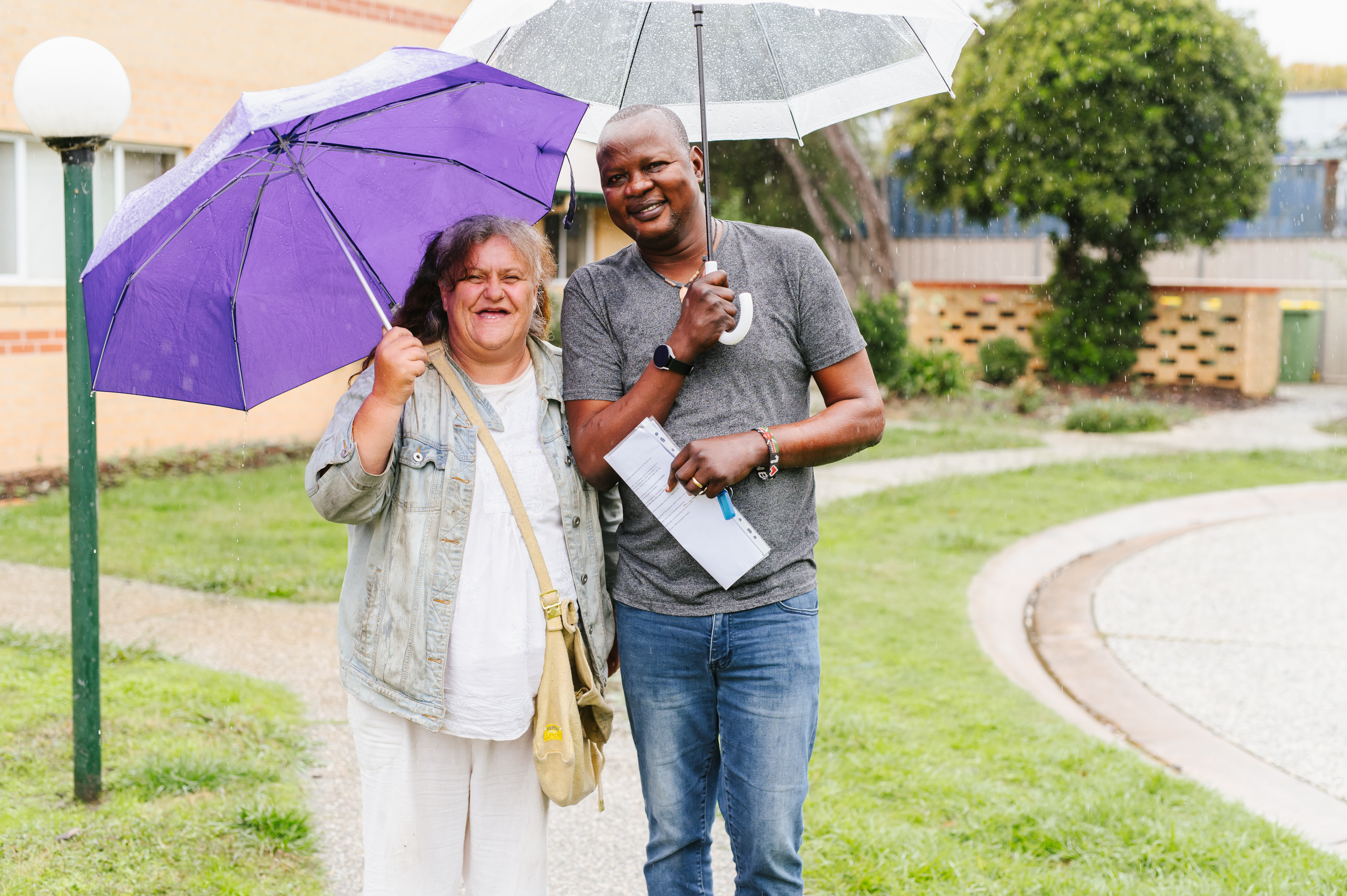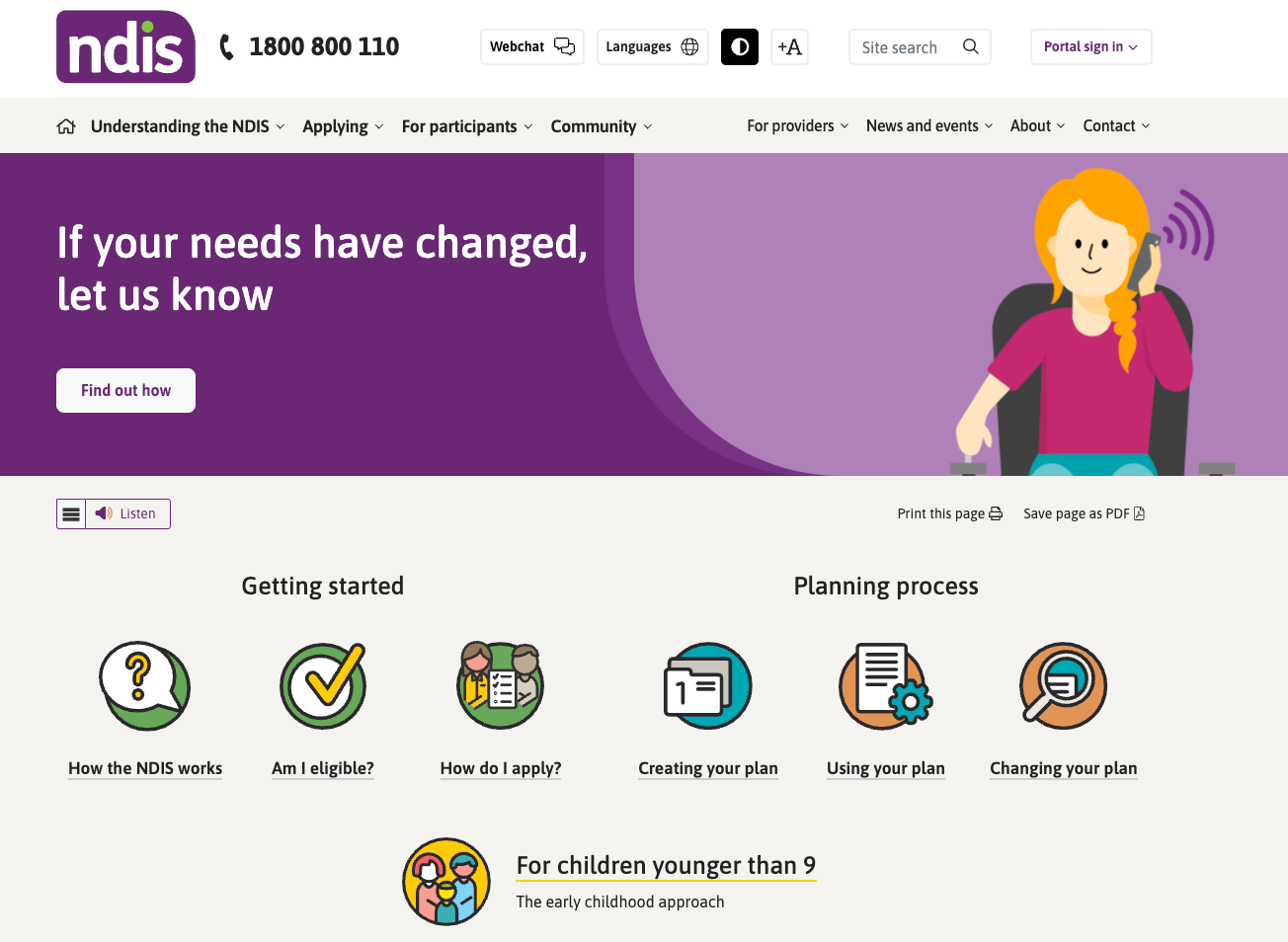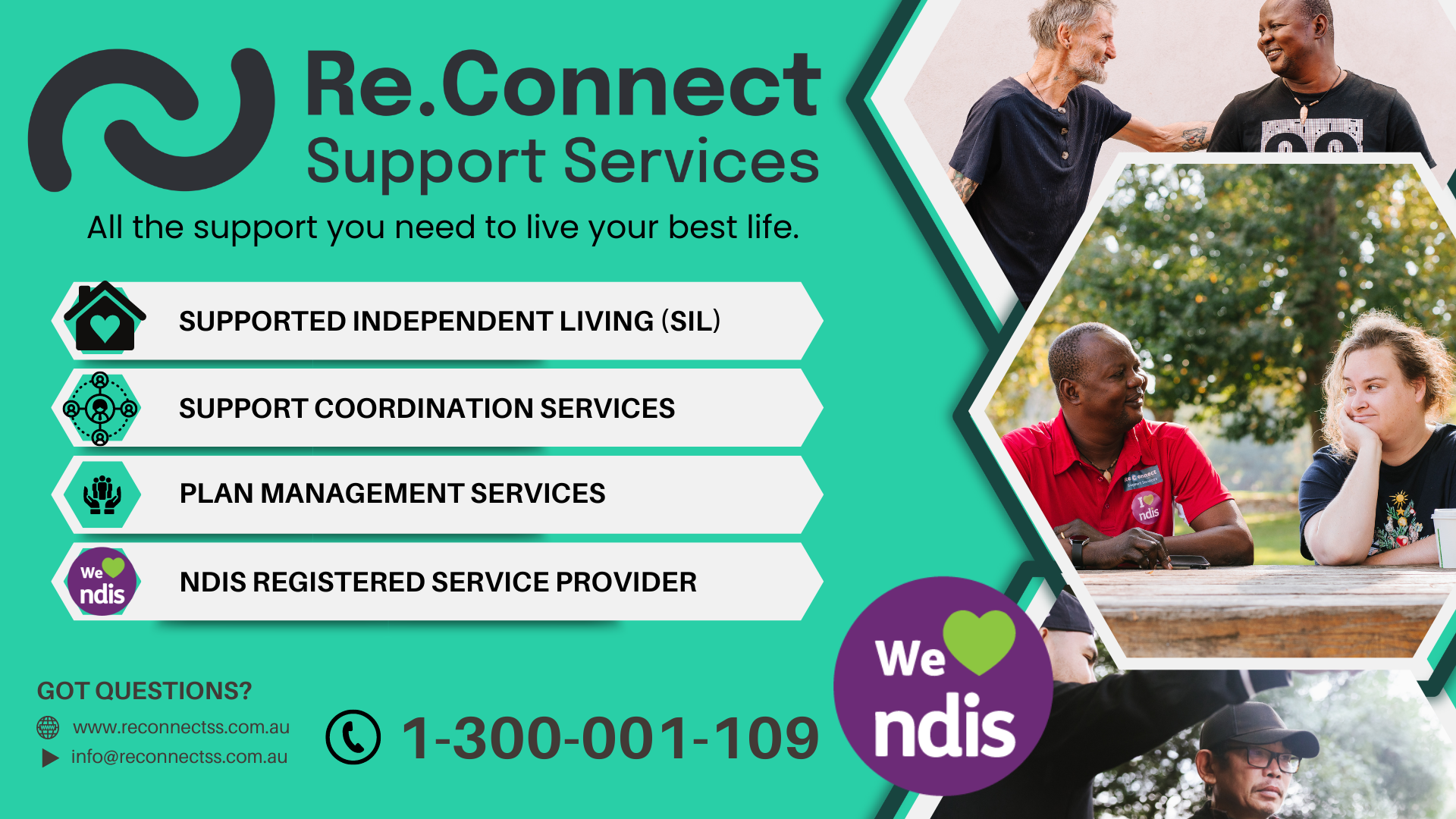Introduction

In the vast landscape of disability support services, Supported Independent Living (SIL) stands out as a beacon of hope and empowerment for individuals with disabilities across Australia’s local communities. Offering a pathway to autonomy and inclusion, SIL plays a pivotal role in enhancing the quality of life for those navigating the challenges of disability or by individuals with developmental disabilities who are in need of ongoing support and support options. In this blog, we embark on a journey to explore the intricacies of SIL assisted living facilities, shedding light and adding information on its significance, benefits, challenges, support options and the promising future it holds for fostering independence.
Understanding Supported Independent Living

Supported Independent Living, commonly known as SIL, refers to a range of services designed to assist individuals with developmental disabilities or personal and physical challenges in enjoying independent living within their community. In Australia, SIL services are provided under the National Disability Insurance Scheme (NDIS), a government department’s program which aims to support people in the country with permanent and significant disabilities that needs an ongoing support and personal development.
Eligibility for SIL is determined based on the participant’s individual needs and goals. ensuring tailored support that promotes independence while addressing specific challenges.
Different models of SIL provision exist to accommodate varying preferences and requirements. Group homes, where individuals with disabilities gets the opportunity to live together and receive support from staff, offer a communal living experience. On the other hand, Individualised Support Packages is an opportunity that allow participants to design their personal care and support arrangements according to their preferences, fostering a sense of autonomy and control over their lives.
Supported accommodation options provide a range of housing choices tailored to the needs of individuals with disabilities, to live a happy life and to thrive in a community to develop and grow while bridging the gap of inclusivity and accessibility.
Benefits of Supported Independent Living

The benefits of Supported Independent Living extend far beyond mere funding, group homes, assisted living facilities and support services. Research indicates that SIL significantly enhances the quality of life for participants, promoting social inclusion, community engagement, and improved health outcomes. According to a study conducted by the Australian Institute of Health and Welfare (AIHW), individuals with disabilities who receive SIL services report higher levels of satisfaction with their living arrangements and overall well-being.
Moreover, SIL empowers individuals to become active members of their communities, fostering social connections and meaningful relationships. Through access to tailored support services, participants are equipped with the necessary skills and resources to navigate daily tasks, find others, pursue personal interests, and engage in recreational activities. This sense of empowerment and self-advocacy not only enriches the lives of individuals with disabilities but also contributes to a more inclusive and diverse society.
Challenges and Solutions in Supported Independent Living
Despite its numerous benefits, Supported Independent Living faces various challenges that hinder its widespread adoption and accessibility. Navigating the complexities of disability support systems, including eligibility criteria and funding arrangements, can be daunting for individuals and their families. Additionally, the shortage of SIL accommodation presents a significant barrier, limiting options for those seeking satisfied independent living arrangement.
For individuals and families seeking Supported Independent Living (SIL) facilities, here are some solutions and avenues to explore:
-
Understanding Eligibility and Funding: Begin by researching the eligibility criteria for SIL under the National Disability Insurance Scheme (NDIS). NDIS provides funding and support for individuals with permanent and significant disabilities. You can contact the NDIS directly or seek assistance from disability advocacy organisations to understand the eligibility requirements and navigate the application process.
-
Exploring Accommodation Options: While there may be a shortage of SIL accommodation, it’s essential to explore all available options. Reach out to local disability support organisations, community services, and SIL providers in your area to inquire about available accommodation and support services. Additionally, consider joining online forums and support groups where individuals share information and resources related to SIL.
-
Advocating for Access: If you encounter barriers or challenges in accessing SIL services, don’t hesitate to advocate for yourself or your loved one. Reach out to local disability advocacy groups, legal aid services, or government agencies that specialise in disability rights. They can provide guidance, support, and assistance in addressing any issues related to eligibility, funding, or accommodation.
-
Planning the Transition: If transitioning from institutional care to SIL, it’s crucial to plan and prepare adequately. Work closely with support services providers, case managers, and healthcare professionals to develop a transition plan that addresses the individual’s needs and preferences. This plan should include housing arrangements, support services, healthcare needs, and social integration strategies.
-
Building a Support Network: Surround yourself with a supportive network of family, friends, and professionals who can offer guidance, encouragement, and assistance throughout the process. Attend support groups, workshops, and community events where you can connect with others who have similar experiences and share valuable insights and resources.
-
Seeking Alternative Solutions: If accessing SIL services proves challenging, consider exploring alternative options such as shared accommodation arrangements, home modifications, or community-based support programs. Research local initiatives, grants, and funding opportunities that may provide assistance with housing, support services, or accessibility modifications.
Remember, persistence and perseverance are key when seeking Supported Independent Living services. By actively advocating for your needs, exploring available resources, and seeking support from professionals and peers, you can overcome challenges and find the support and accommodation that best suits your circumstances.
The Future of Supported Independent Living

As we look towards the future, the landscape of Supported Independent’ Living facilities is poised for innovation and growth. Advances in technology, such as smart home automation and assistive devices, hold the potential to revolutionise SIL services, enhancing accessibility and independence for participants. Policy initiatives and advocacy efforts aimed at improving integration with mainstream housing and support services will further contribute to the expansion and enhancement of SIL provision across Australia.
Moreover, addressing gaps in service provision and accessibility will require a concerted effort from all stakeholders involved. By investing in research, innovation, and collaboration, we can create a future where Supported Independent Living is not only accessible and affordable to all but also celebrates the diverse needs and aspirations of individuals with disabilities.
The Role Of Support Services Provider With SIL
The relationship between support services providers and participants in Supported Independent Living (SIL) extends beyond mere assistance with daily tasks. These providers serve as trusted allies and advocates, working closely with individuals with developmental disabilities to understand their unique needs, preferences, and goals.
By fostering open communication and collaboration, support services providers create a supportive environment where participants feel empowered to voice their concerns, express their aspirations, and actively participate in decision-making processes regarding their care and support.
This person-centered approach not only enhances the quality of services delivered but also strengthens the bond between providers and participants, leading to more meaningful and fulfilling experiences in SIL. Through their unwavering commitment to promoting independence, dignity, and self-determination, support services providers truly make a difference in the lives of those they serve.
Re.Connect Support Services

Re.Connect Support Services proudly stands as an NDIS Accredited Support Provider, offering unwavering support and empowerment to individuals navigating Supported Independent Living (SIL) across Australia.
Our comprehensive range of services, including personal care, household tasks, transportation, and community engagement, ensures that participants have the resources and assistance they need to thrive. As an NDIS Accredited Support Provider, Re.Connect upholds the highest standards of quality and professionalism, prioritising the safety, dignity, and well-being of every individual we serve. Together, we strive to create a supportive environment where individuals with developmental disabilities can live their best lives, building connections and pursuing their goals with confidence and support.
Conclusion
In conclusion, Supported Independent Living represents a cornerstone of disability support services in Australia, offering a pathway to independence, inclusion, and empowerment for individuals with disabilities. By understanding the significance, benefits, challenges, and future prospects of SIL, we can work towards creating a more inclusive and accessible society for all. As we continue to unlock the potential of Supported Independent Living, let us strive to empower individuals with disabilities to live their lives to the fullest, embracing their unique strengths and contributions to our communities.


